- Age-Related Macular Degeneration (AMD)
- Wet Age-Related Macular Degeneration
- Geographic Atrophy
- Appointment Prep
- View Full Guide
Keep Your Eyes Healthy With Macular Degeneration


Eat Leafy Greens
They're high in antioxidants and other nutrients that support eye health, like lutein, zeaxanthin, vitamin E, and beta-carotene. Kale, broccoli, spinach, and Brussels sprouts are loaded with them. Sauté these veggies in olive oil for an extra nutrition boost. And don't forget to add other colorful fruits and vegetables to your diet, too.
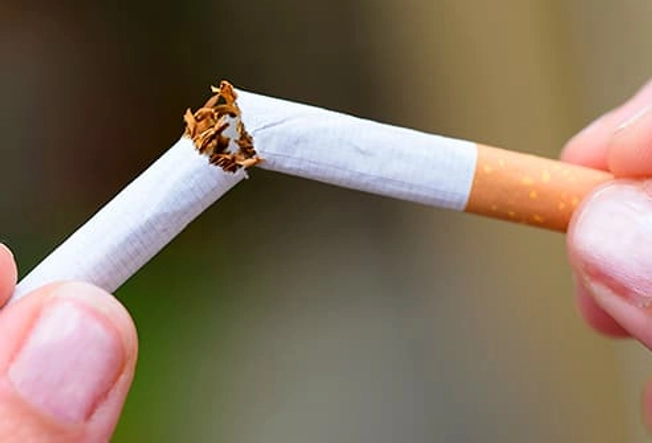
Stop Smoking
Protecting your vision is another reason to quit. Smoking raises your odds of getting macular degeneration. It also speeds eye damage once you have the disease. If it's hard for you to break the habit, get help from a stop-smoking program or ask your doctor for advice.

Shield Your Eyes
Ultraviolet radiation from the sun may raise your chance of getting macular degeneration. Sunglasses can help. Look for ones labeled UV 400 that cover the sides of your eyes. Wear them whenever you go outside or find yourself in bright sunlight.
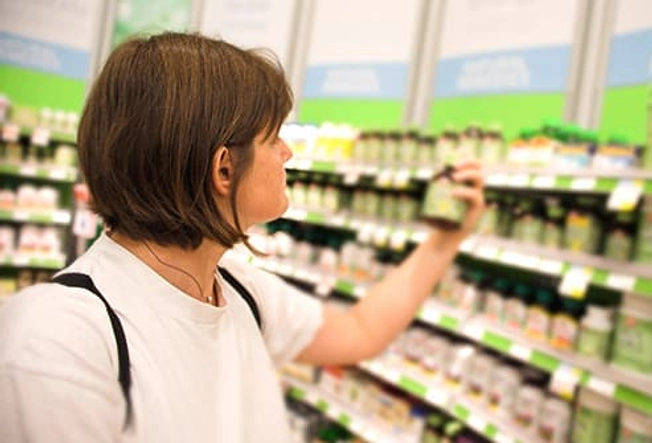
Get the Right Supplements
A vitamin and mineral formula called AREDS may slow down dry macular degeneration as it moves to the more serious wet stage. It's a research-tested blend of nutrients like vitamin C, vitamin E, zinc, and beta-carotene. The updated AREDS2 formula added lutein, zeaxanthin, and omega-3 fatty acids and removed beta-carotene, which might be safer for smokers. Beta-carotene is linked to a higher risk of lung cancer in people who smoke.
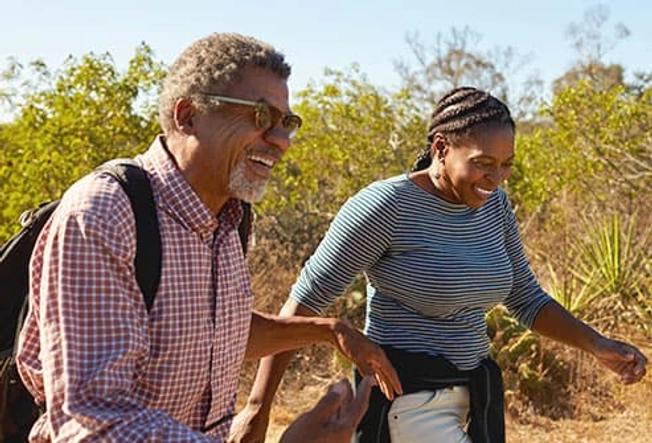
Get Moving
Exercise has surprising benefits for your vision. It strengthens your heart muscle so it can pump more oxygen-rich blood to your eyes. Staying fit also helps control your weight and prevent obesity, which puts you at risk for macular degeneration.
If you've already lost your sight, try an exercise program that's safe for people with low vision, like riding a stationary bicycle or doing yoga.
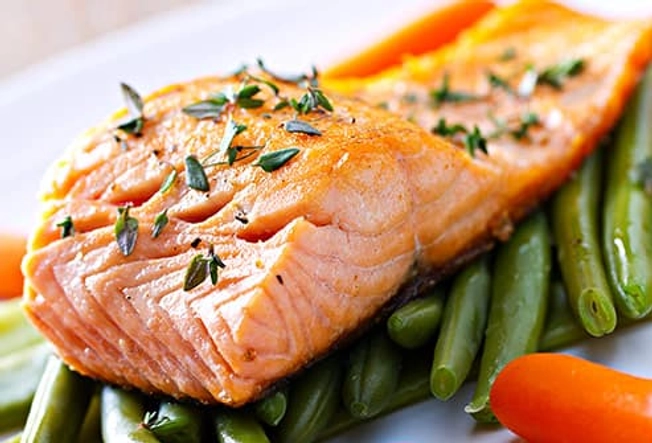
Eat More Fish
It's high in omega-3s, healthy fats that boost your eye and heart health. Try salmon, trout, sardines, tuna, and mackerel. Aim for two servings of fish each week or ask your doctor if fish oil supplements are a good idea for you.
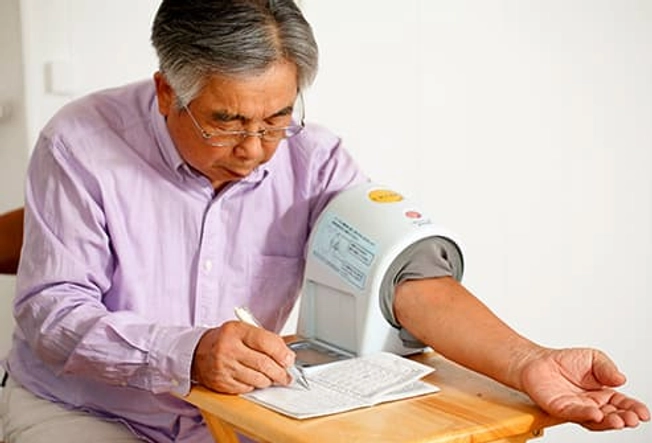
Keep Your Blood Pressure Low
Your eyes rely on a steady stream of oxygen carried by blood vessels that run through them. High blood pressure can damage the vessels and your heart's pumping ability. You can keep it under control with diet, exercise, and medicine if needed.
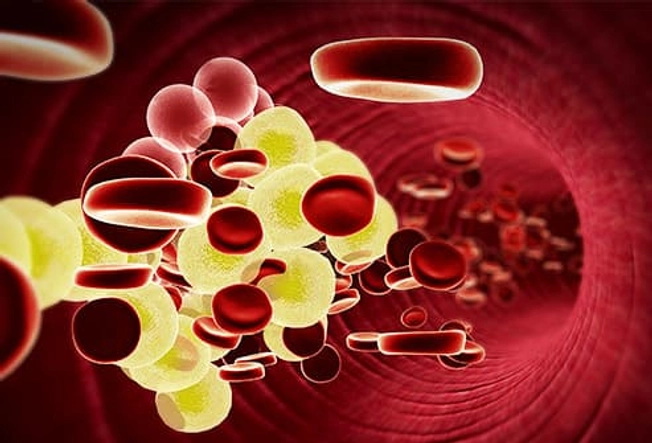
Get Cholesterol Under Control
A fatty substance called LDL, the "bad" cholesterol, not only raises your chance of having heart disease, it's also a problem for your vision. In macular degeneration, cholesterol can build up in your eyes and form deposits called drusen that affect how well you see. To lower your LDL, limit saturated fat in your diet, exercise for 30 minutes a day, and take statin drugs if you need them. Also, be aware that cholesterol isn't the only thing that causes drusen to form. Discuss with your doctor what else you may need to do to prevent drusen from forming and being deposited in the macula.
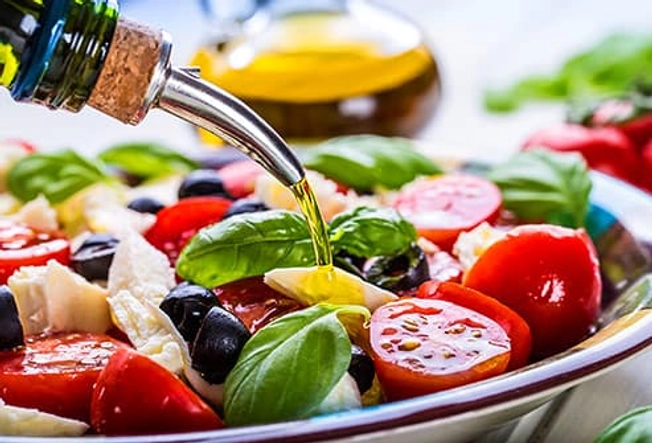
Limit Meat and Junk Foods
If you have macular degeneration, saturated and trans fats from red meat, whole milk, fried foods, and baked goods can increase your vision damage. Also limit omega-6 fatty acids from sunflower, safflower, and corn oils. Olive and canola oils are healthier cooking choices.
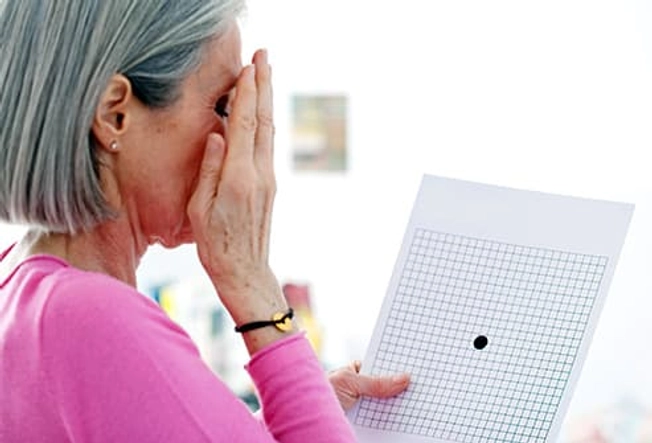
Try a Do-It-Yourself Vision Test
Consider using the Amsler grid, a simple test that can help you spot eye damage early, when it's easier to treat. It's a graph full of straight lines with a dot in the middle. If the lines turn wavy or distorted when you look at them, or if you see black spots anywhere on the graph, it could mean you've moved on to the wet macular degeneration stage. Ask your eye doctor how often you should check the grid and how to interpret what you see.
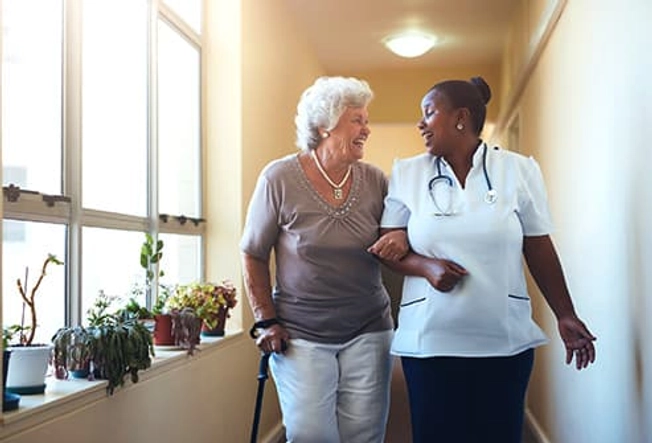
Get Vision Rehab
Have your eyesight problems put the brakes on your daily activities? Vision rehabilitation can teach you how to make the most of the sight you have. You'll get tips and learn how to use tools to help you get around and stay independent without fear of falling. A team of specialists will work with you, including eye doctors, occupational therapists, and social workers.
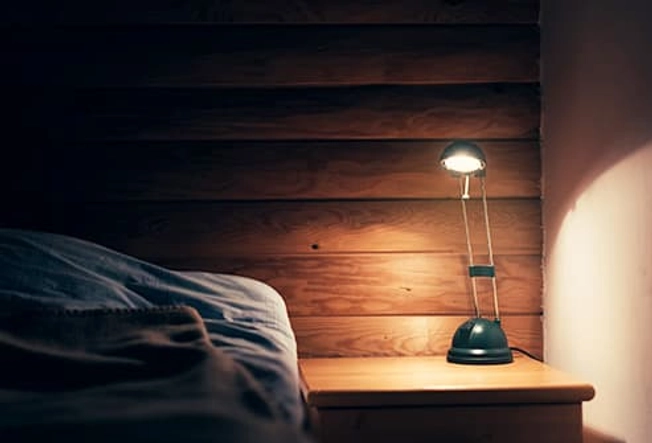
Use Better Lighting
Avoid fluorescent bulbs and other light sources that mimic the damaging rays of the sun. Incandescent or LED lights are safer choices. To help you see more easily, use a swing-arm lamp that aims the light right where you need it. Put drapes or shades over your windows to cut glare. Add extra lighting to stairways and hallways to help you get around safely at night.
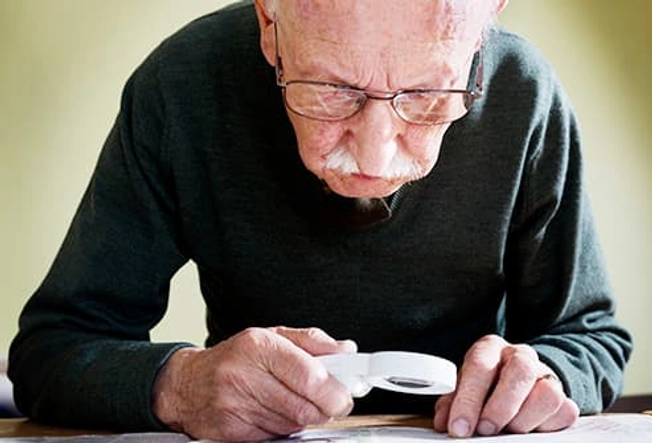
Try Vision Aids
Go high-tech if you need a vision boost. Handheld magnifiers that fit in your purse or pocket can make the print larger for menus or books. Some come with a built-in light. Binoculars and telescopes bring the action of a play, sporting event, or movie closer to you. Video magnifiers project your book, sewing project, or photos onto a big screen. And reading machines turn text into spoken words. There are even several smart phone apps that can help.
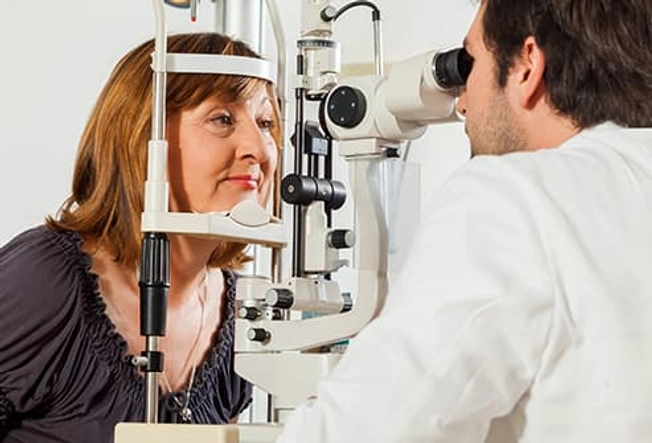
See Your Eye Doctor
Vision loss from macular degeneration doesn't happen right away. It comes on gradually in stages. Stay on top of your eye care visits, and tell your doctor right away if you notice any changes. Being alert can help you stop eye damage before it steals your sight.